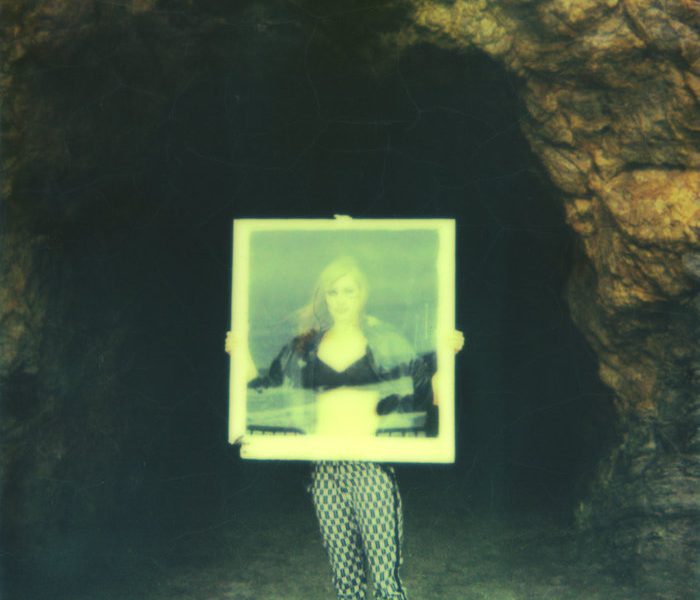Album review: Painted Palms “Forever”

by Michael Ferlazzo
Painted Palms is a band with talent. The album materialized with lucid virility, constructing itself into an expansive production, and by the time it comes to a close you can marvel at the textural soundscapes they have created along with the aural pleasures you endured. The emerging baseline in “Here It Comes” enchants, the searing synths in “Hypnotic” tug and thump, and the layered carnival of sounds in “Not Really There” transport. Traveling along side of the oscillating waves is Reese Donohue’s voice; offering ventilation through awareness, attempting to bathe the listener while he sings about the modern psychological anxieties and paranoias sensed with narcissism that not only do we all feel, but hear in every song that carries substance. This must mean that the substance I speak of is no longer substance, but trending style.
That is the ultimate frustration which lingers, not only along side of Painted Palms’ debut album Forever, but their EP as well – they have the talent and their music seems crafted with care, but in the Post-Animal Collective world we live in, their sound is that of pure imitation. But the listener is unable to fully submerge themselves inside of their sound because at any swirling moment of stimulation the mind will not wander off with Painted Palms into their territory, but be redirected into its own memory. We can consume it, but it lacks the fulfilling umami. “Soft Hammer” is the lone track where they seem to find their footing in experimentation, capturing an induced anxiety attack for an extended period of haze that displays a glimpse into their potential, but it proves ephemeral.
The album eventually swirls into a downward spiral that collapses into itself. We have heard it all before and it sounds more like a documentation of their inspiration than an organic expression. It feels like holding an old pair of scissors that have dulled – after a few snippets the stale blade doesn’t slice, leaving you in a moment of despair as the expectations to get through the sheet of paper dazzle downward, and the paper crumples, sags and it tears into a different direction. Donohue bemoans that he doesn’t know what he wants to be, and the album is a symptom of it. We do not learn much about Painted Palms during the album and as Forever closes with “Angels”, Donohue states that he is not sure he really learned anything either.
There is nothing wrong with being a derivative. It is a symptom that compounds onto a collective soul. The influences are there and we can hear them, understand them, respect them – but that doesn’t mean we should allow artists to get away with it.













